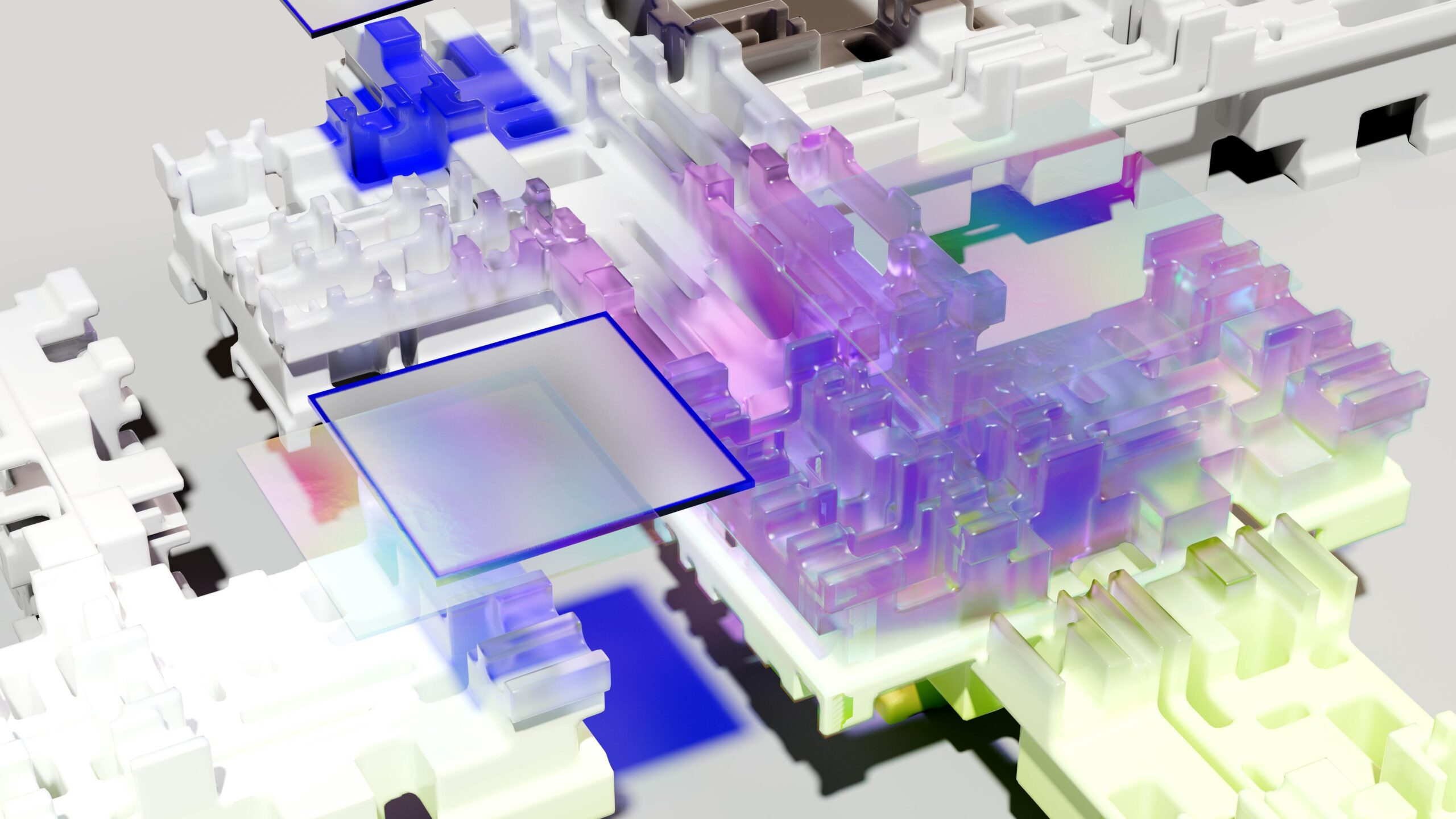
AI in Development
Evolution of AI coding tools: From Snippets to Apps
Introduction: Evolution of AI coding tools
Artificial Intelligence (AI) is rapidly transforming how software is developed today. What began as simple assistance with writing lines of code has now evolved into AI building entire applications from scratch. This shift is reshaping the future of coding, offering immense possibilities for developers, startups, and tech giants alike. Understanding this evolution is crucial for staying ahead in a fast-changing digital world.
The Early Days: AI as a Code Assistant
In the early stages, AI coding tools like GitHub Copilot, Kite, and Tabnine were primarily designed to boost developer productivity. These AI coding assistants focused on code completion, offering suggestions for small snippets based on user input. Developers found these tools helpful for speeding up repetitive tasks and minimizing manual errors. However, early AI models were limited — they lacked deep context awareness and could not handle complex coding scenarios independently.
The Evolution: AI as a Development Partner

The emergence of advanced AI models such as GPT-4, Claude, and Gemini marked a turning point. These models now understand broader context, system architecture, and project logic. Modern AI coding tools can generate entire functions, APIs, and software modules — not just isolated lines of code.
For example, today’s AI can suggest optimized software architectures, seamlessly handle API integrations, and even auto-generate detailed documentation, saving developers countless hours and significantly enhancing code quality.
Full-Fledged Application Building: The New Frontier
In 2025, AI development tools have reached new heights. Systems like Devin, Magic.dev, and startups like Cognition Labs are pushing boundaries by enabling AI to build complete applications — including front-end, back-end, database design, and testing suites.
Prompt engineering has emerged as a critical skill, allowing developers to give precise instructions to AI systems. Moreover, autonomous AI developers are becoming an integral part of modern development workflows, acting almost like tireless team members.
Benefits and Challenges
The evolution of AI coding tools offers major benefits:
- Faster time-to-market for products
- Lower development costs for MVPs (Minimum Viable Products)
- Democratization of software development, allowing non-programmers to build applications
However, it also brings several challenges:
- Code quality and security remain top concerns
- Questions around intellectual property and ownership persist
- Developers must overcome the learning curve of adapting to AI-driven workflows
Impact on the Developer Role
Today, developers are no longer just coders. They are architects and problem solvers, steering AI toward optimal solutions. AI literacy and prompt engineering are becoming must-have skills. Future-proof developers focus on system design, creative problem-solving, and critical thinking to collaborate effectively with AI.
The Future of AI in Development
Looking ahead, the next five years will bring:
- Smarter, more autonomous AI agents that handle entire software lifecycles
- Human-AI collaboration becoming the industry standard
- Rapid growth of AI-driven no-code and low-code platforms
At the same time, developers must navigate ethical considerations, ensuring that AI-generated software remains responsible, fair, and transparent.
Conclusion
The journey of AI coding tools — from writing simple snippets to building full-fledged applications — highlights a monumental shift in AI in software development. Developers who embrace this evolution will be the leaders of tomorrow. Stay curious, experiment with new tools, and continuously evolve — because the future of coding with AI is just getting started.
Stay connected with us on HERE AND NOW AI & on:

